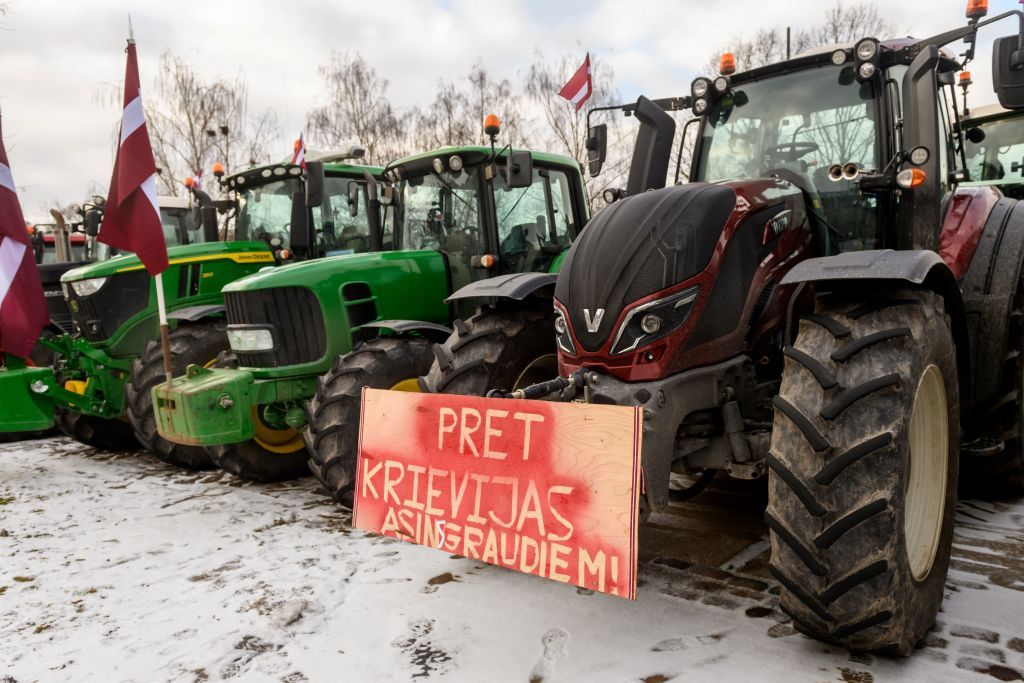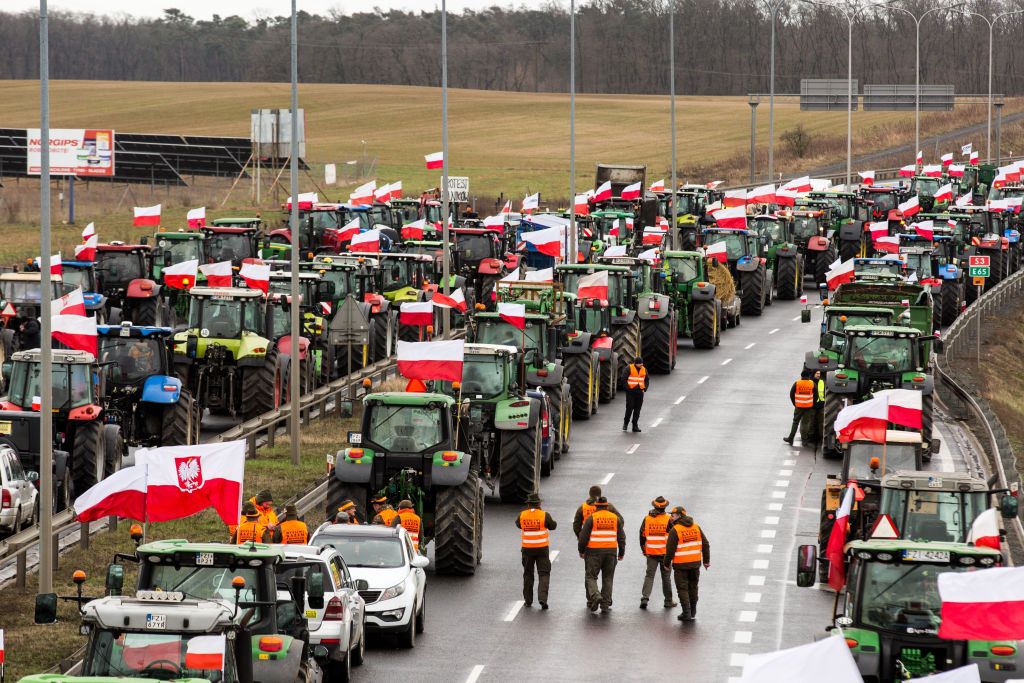Negotiations between the Polish and Ukrainian governments will take a few weeks to resolve the issue of Polish farmers blocking the border with Ukraine, Pawel Kowal, Chairman of the Polish Sejm's Foreign Affairs Committee, said in an interview with publicly funded radio broadcaster Ukrainian Radio.
Kowal emphasized the complexity of the issue but remained confident in its eventual resolution: "In the history of the European Union, there have been dozens, hundreds of such crises when it was necessary to protect some sectors of production in a country through market opening. And the EU knows how to do it. All this needs to be negotiated."
He also stressed that Poland today is "the main country that seeks more ammunition for Ukraine" and support for Ukraine within NATO and the EU, so Polish politicians need support in society for this. "If we want to help Ukraine, we also have to get help for our farmers, because in a democratic country it all connected. From this point of view, there is nothing wrong with Polish-Ukrainian relations."
For a month now, Polish farmers have been staging protests across Poland and at the border with Ukraine, opposing Ukrainian agricultural imports as well as the EU's Green Deal.
Polish Prime Minister Donald Tusk was unable to secure an agreement with Polish farmers to halt their protests against Ukrainian agricultural imports during a meeting on March 9, according to a report by Polskie Radio.
The Polish government has repeatedly said it understands the concerns of its agricultural producers and pointed out the supposed negative impacts of the EU's decision to continue a free trade regime with Ukraine, originally instituted in 2022.
According to Warsaw, the influx of cheaper Ukrainian products threatens the domestic production and livelihoods of Polish farmers, which Kyiv denies. Poland has already instituted a ban on several Ukrainian products, such as grain.
Ukraine's Prime Minister Denys Shmyhal said at a press conference on March 4 that the border blockade and ongoing trade disputes with Poland have a higher economic cost to Warsaw than Kyiv.
Only 5% of Ukrainian agricultural exports are transported by road, with 90% being shipped out via maritime routes, he said.














